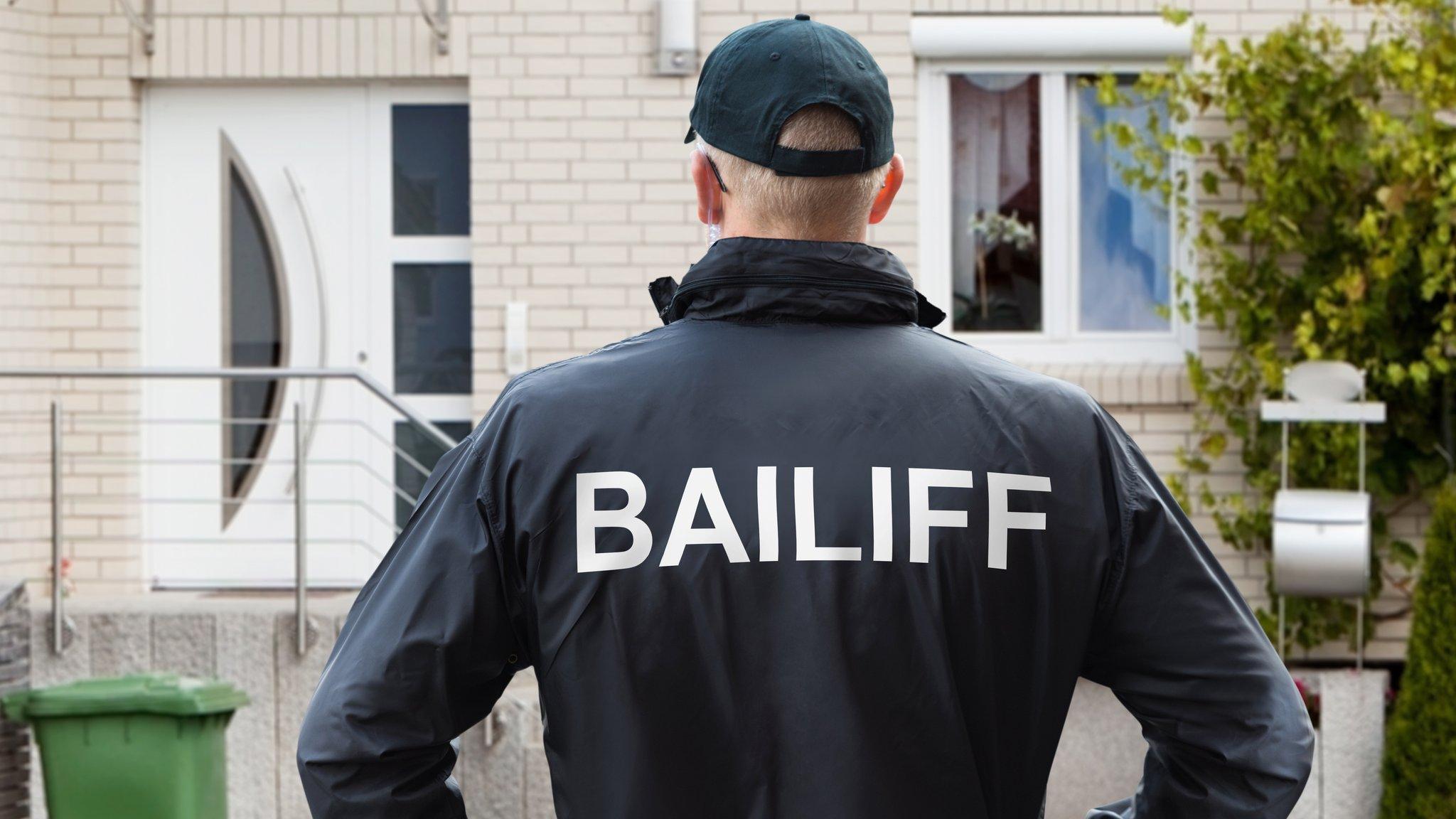Bailiff referrals rise by 20% over council debts
- Published
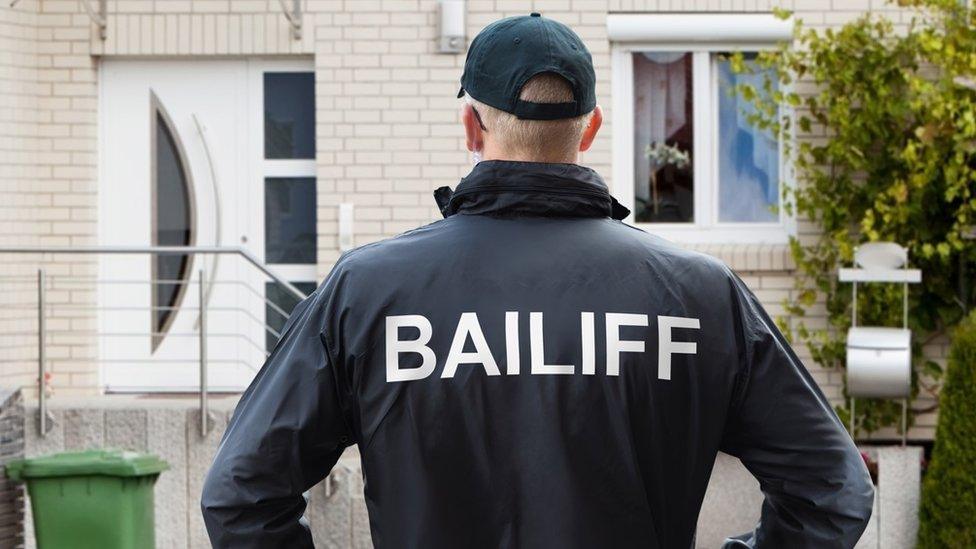
Referrals to bailiffs in England and Wales to recover unpaid council debts have risen by nearly 20%, a BBC investigation has found.
Birmingham's 500% rise in referrals between 2022 and 2023 topped the list of 280 councils that replied to a File on 4 Freedom of Information request.
Figures suggest there is £500m of uncollected public debt each year, adding to councils' strained finances.
One bailiff said he was incentivised to use underhand tactics.
This is despite industry claims that it has cleaned up its act.
The BBC's Freedom of Information (FOI) request asked councils for the number of referrals made between April and October 2023, compared with the same period the previous year.
Recently "bankrupt" Birmingham made 43,283 referrals over the seven-month period in 2023.
That was nearly six times the equivalent figure for the same period in 2022 of 7,875 (adjusted for comparison).
The responses from all the councils who came back to us suggest more people are struggling to pay essential living expenses, such as council tax, during the cost of living crisis.
The debts also include parking fines, non-payment of business rates and housing arrears.
The amounts are made worse because once a bailiff is involved fees mount up. But with many councils across England and Wales in financial dire straits every penny is needed to maintain essential services.

What happens when a council debt is not paid?
Local authority gets court permission to recover money owing, adding around £100 to debt
Contract given to enforcement agency which writes to debtor, £75 fee
Debtor receives knock at the door, £235 fee
If goods are seized and sold at auction, £110 fee
Costs increase for debts over £1,500 or if High Court bailiffs are involved

For Paul Crichton, the debt spiral was devastating. He could not pay his council tax and considered taking his own life, following the pressure he felt from debt collectors sent by Stockport Council.
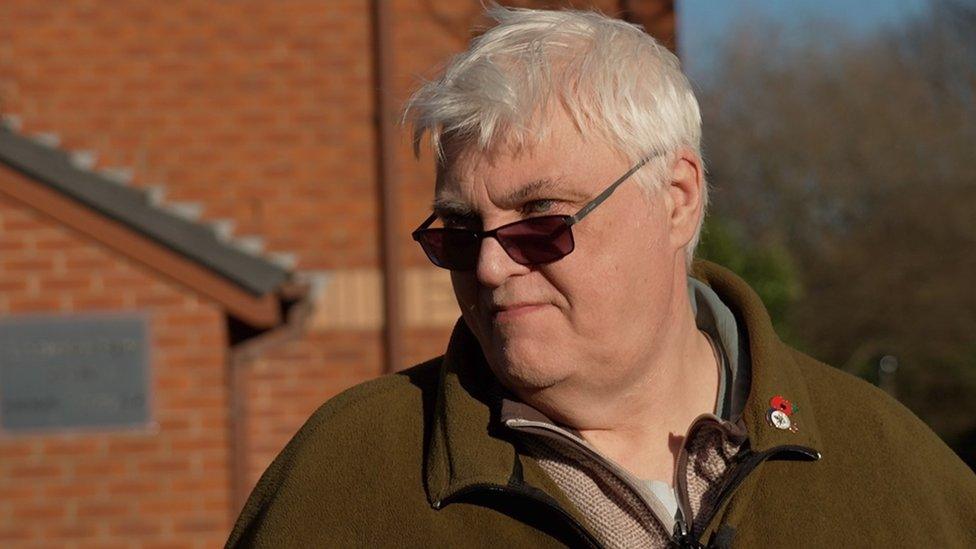
Paul Crichton said he would leave his house to avoid bailiffs
The former Army medic told the BBC he fled his house to avoid bailiffs. "They were so antagonistic that I would get up out of the house and basically stay out during normal working hours. My strategy was to stay out of their way," he told File on 4.
Stockport Council said it only takes enforcement action as a "very last resort".
However, Joe Cox, senior policy officer for charity Debt Justice, believes the way public sector debt collection is structured is problematic.
"The collection process pushes people further into debt, which means that it's harder for them to get back on their feet and it's harder for them to repay the original debt and reset their lives."
Enforcement companies are not paid by councils and only make money if a debt is successfully recovered by the bailiff or "enforcement agent".

Councils are increasingly using bailiffs to recover debts on behalf of local authorities. Mark Lobel speaks to those working in the industry about their tactics.

But the industry's new regulator said she had reservations about this approach.
"I do have concerns that bailiffs are only paid if they collect," Catherine Brown, chair of the Enforcement Conduct Board, told the BBC. "If I could wave a magic wand, I'd take those cases out where people don't act with humanity."
Body cameras
But whistleblowers within the enforcement industry, including working bailiffs, revealed some colleagues do break the rules, to ensure they collect and get paid, even if debtors are vulnerable.
Kevin, not his real name, is one of 1,600 enforcement agents who has worked for one of the largest collectors of council debt.
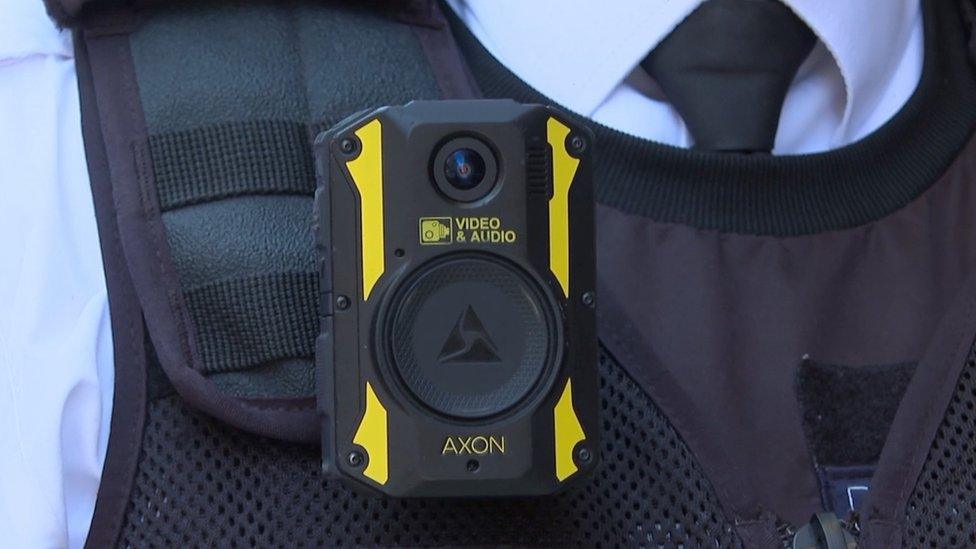
Most bailiffs wear body cameras, but one agent said he was encouraged to let the debtor ask him to turn it off
Five years ago the Ministry of Justice planned to make the use of body cameras for bailiffs compulsory. There is still no legislation but the industry has adopted them as standard.
However, Kevin told the BBC: "They were encouraging me to let the debtor ask me to turn the camera off, so that something untoward could possibly happen or an enforcement agent could possibly break the rules and say something they shouldn't say."
He explained that certain goods are protected but without camera footage agents would "say that they could take it".
He added agents would also "aggravate the debtor" potentially leading to a physical assault and an arrest, "so they could carry on removing goods".
Kevin's former employer told the BBC it terminates the employment of any rule breakers.
Bucking the trend
However, one council in north-west England has chosen to follow a different route, with remarkable results.
The FOI data showed there were 73 bailiff referrals in Chorley from April to October 2023, down 80% compared with the same period in 2022.
"Rather than simply going to enforcement, we look at 'how do we support them?'" said the council's deputy leader Peter Wilson.
"If we think they're vulnerable we refer them into our social prescribing team which actually works with GPs and other agencies to assist people."
Mr Wilson explained the approach did not harm the council's finances, despite it initially costing more to run.
"If you get to the root cause early on, we can actually save the taxpayer money in the long term," he added.
However, most councils continue to outsource enforcement to the private sector, where it has been handled for around 400 years, although laws were updated in 2014.
But the civil enforcement trade association CIVEA, which represents the industry, said the reforms had been hampered by a series of missed government targets.
"The Ministry of Justice hasn't managed to keep up with the the one-year, two-year and five-year review that it was proposing," CIVEA's chief executive Russell Hamblin-Boone said.
However, the Ministry of Justice said it was "committed to ensuring that all enforcement agents treat people in debt fairly and operate in a responsible and proportionate way".
Meanwhile, Mr Crichton was able to overcome his situation - his bailiffs had signed the Armed Forces Covenant and his debts were passed back to the council once he was identified as vulnerable.
"I got breathing space while things were put on hold. Then an order was put in place to make sure that this didn't reoccur," he said. "There's definitely better days ahead."

What to do if I can't pay my debts
Talk to someone. You are not alone and there is help available. A trained debt adviser can talk you through the options. Here are some organisations to get in touch with.
Take control. Citizens Advice suggest you work out how much you owe, who to, which debts are the most urgent and how much you need to pay each month.
Ask for a payment plan. Energy suppliers, for example, must give you a chance to clear your debt before taking any action to recover the money
Check you're getting the right money. Use the independent MoneyHelper website, external or benefits calculators run by Policy in Practice, external and charities Entitledto, external and Turn2us, external
Ask for breathing space. If you're receiving debt advice in England and Wales you can apply for a break to shield you from further interest and charges for up to 60 days., external
Tackling It Together: More tips to help you manage debt

Related topics
- Published16 January 2024

- Published25 November 2023
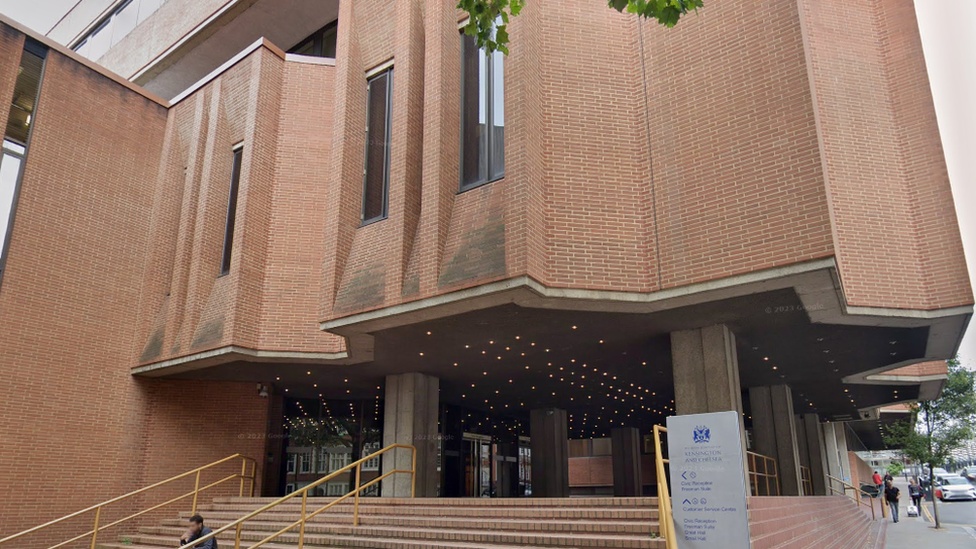
- Published27 July 2021
